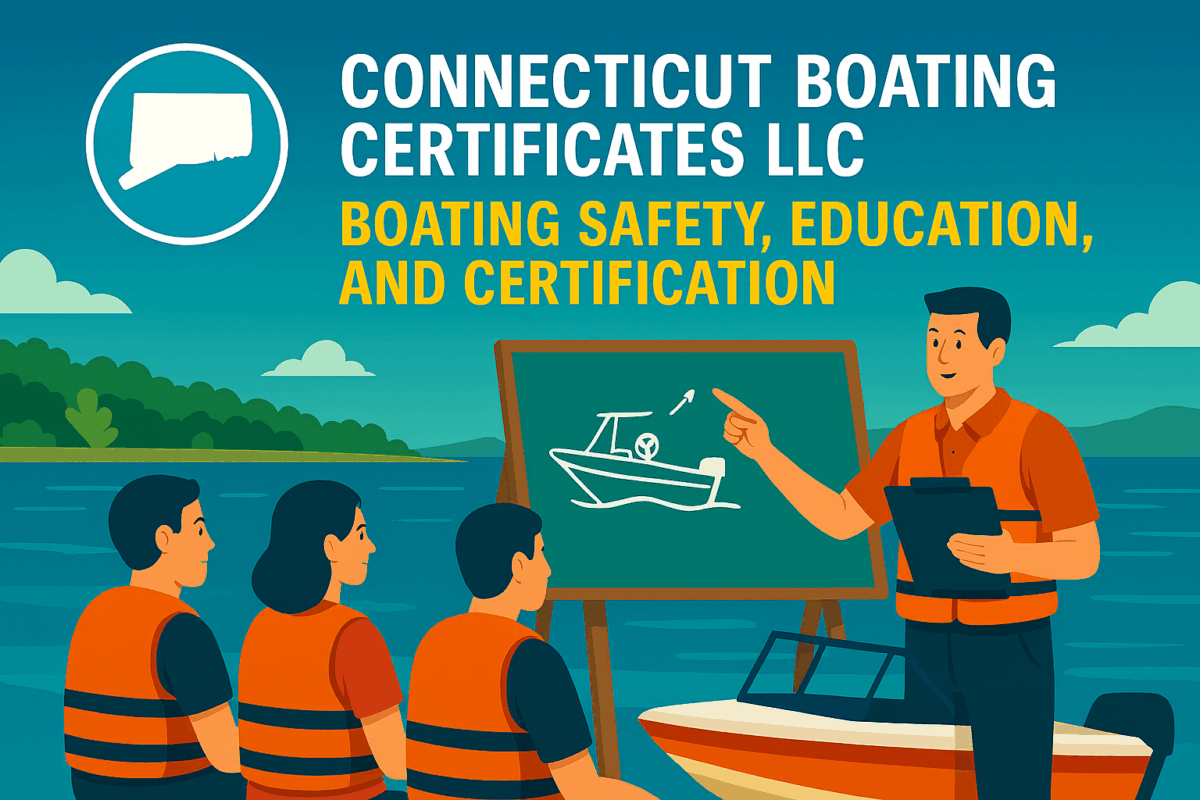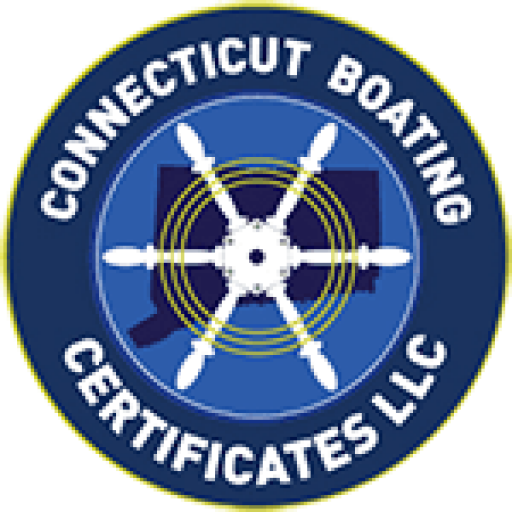Call: 1-800-832-7191

CT General Assembly Boating
CT General Assembly Boating Laws That Shape Safe Recreation
The CT General Assembly Boating laws provide the foundation for safe and responsible waterway use across Connecticut. Because boating is popular statewide, lawmakers have created detailed statutes to guide vessel operation, safety, and enforcement. These laws appear in Chapter 268 of the Connecticut General Statutes.
Understanding Boating Requirements
Boaters must follow specific rules regarding vessel registration, equipment, and operator certification. For example, anyone operating a motorized vessel must carry a valid Safe Boating Certificate. Additionally, minors must meet age and training requirements before operating certain vessels. These laws help reduce accidents and promote safer waterways. Therefore, reviewing the Boater’s Guide and DEEP regulations is essential before launching.
Enforcement and Penalties
The CT General Assembly empowers DEEP officers and local law enforcement to enforce boating laws. Officers may inspect vessels, issue citations, and suspend boating privileges. Moreover, penalties for violations range from fines to criminal charges. For instance, operating under the influence carries serious consequences, including license suspension and possible jail time. Because enforcement protects all users, boaters should remain informed and compliant.
CT General Assembly Boating Safety and Education
The boating laws also support education and outreach. DEEP offers certified courses in safe boating, water skiing, and personal watercraft operation. These programs teach navigation rules, emergency procedures, and environmental awareness. Furthermore, Connecticut honors boating certificates from other states under reciprocity agreements. As a result, visitors can enjoy local waters without unnecessary delays.
Staying Informed and Involved
Boaters should stay updated on legislative changes. The Assembly regularly reviews and amends boating laws to reflect new technologies and safety concerns. Because these updates may affect vessel operation or access, checking the DEEP website and legislative bulletins is wise. Additionally, public hearings allow boaters to voice opinions and influence future regulations. Ultimately, informed participation strengthens the boating community.
